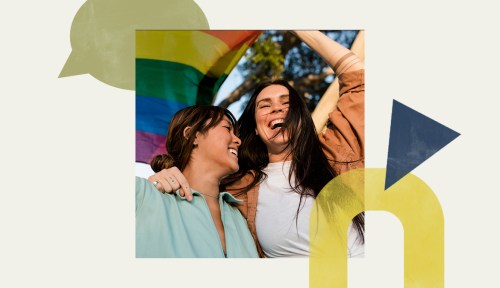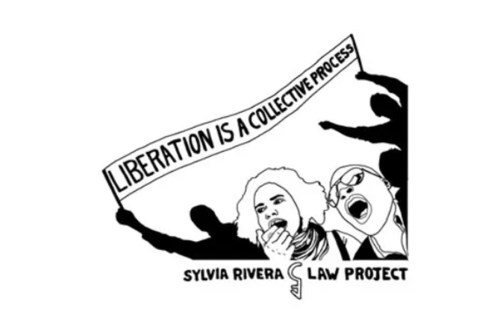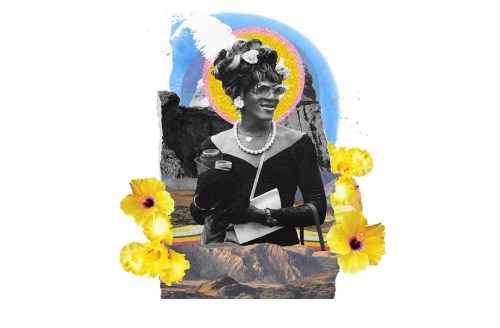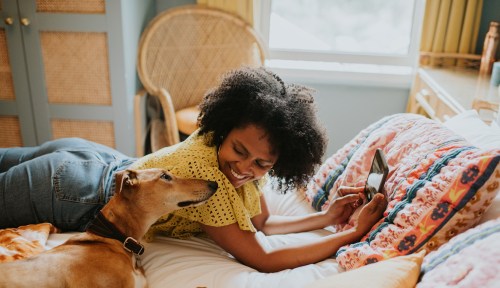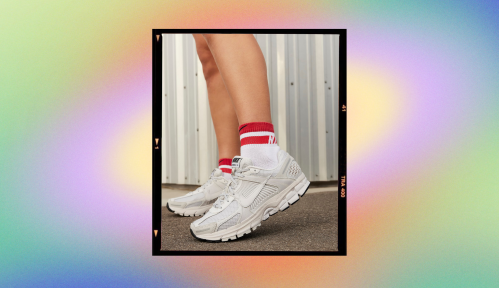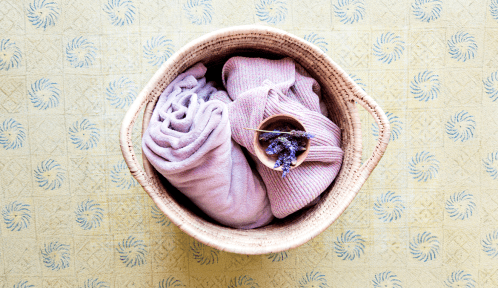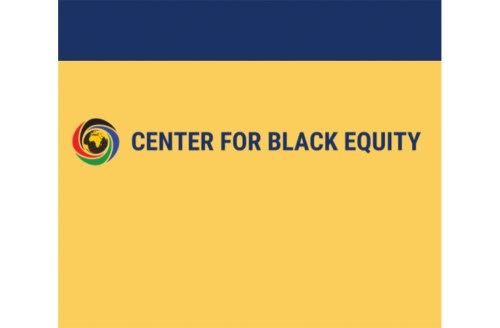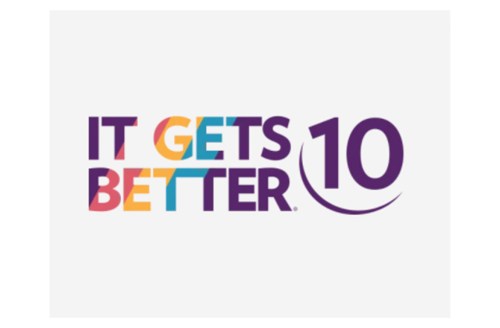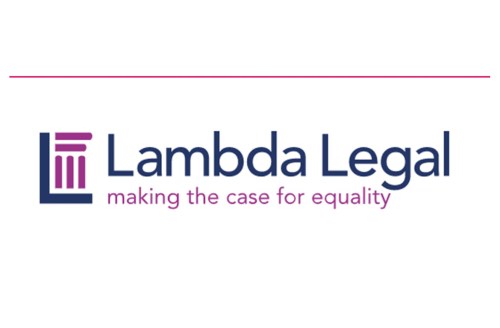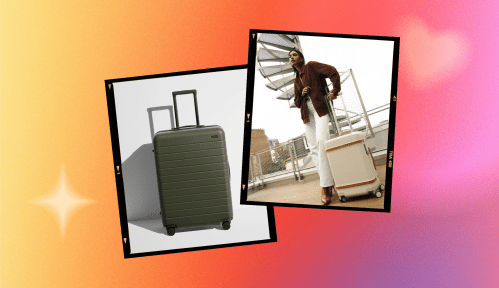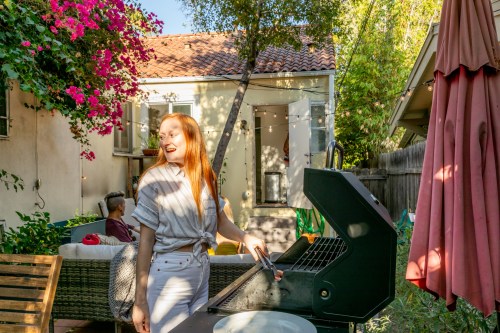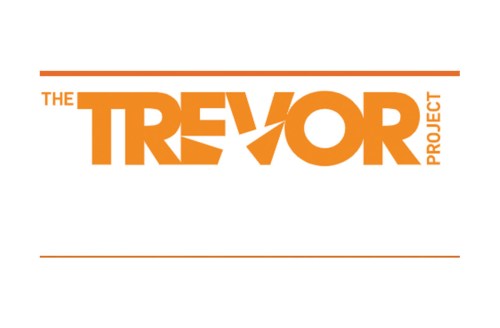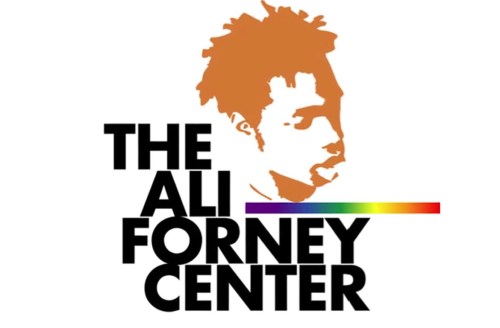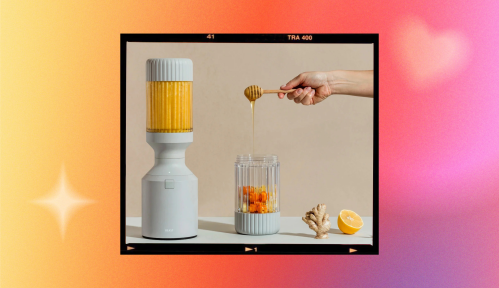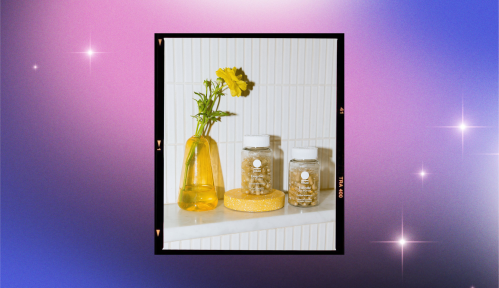Our editors independently select these products. Making a purchase through our links may earn Well+Good a commission
Each year in June, you’ll find rainbows just about everywhere. Restaurants hang flags, brands alter their logos, and social media fills with colorful posts in celebration of Pride. In July, the flags come down, the rainbow sandals end up in the sale section, and it becomes all too easy to forget that “Pride” is so much more than one month, one parade, and a few weeks of brighter, sparklier wardrobe purchases. Allyship with the LGBTQ+ community means doing the work, educating yourself and others, donating to worthy causes, and committing yourself to being a co-conspirator in the fight for liberation now, for the other 11 months of the year, and always.
Experts in This Article
Ben O’Keefe is a black and queer activist and speaker. He is also a creative director and political commentator.
Elle Moxley is an artist, community organizer, and speaker. She is also the executive director and founder of the Marsha P. Johnson Institute.
James Rose is a gender-fluid podcaster, trauma-informed yoga instructor, and actor based in NYC.
“A rainbow flag doesn’t help the trans person being misgendered at school and reposting an infographic about Pride doesn’t help the young queer person who is experiencing homelessness because their family has rejected them,” says James Rose, a gender-fluid actor and trauma-informed yoga instructor in New York City.
LGBTQ+ folks face discrimination and violence on a daily basis in the United States and around the world. “There is an epidemic of murders committed against trans women of color in this country, the rights of trans kids are under attack, and marriage equality did not solve all our problems. So don’t just celebrate us once a year, fight with us year round,” says queer Black activist and speaker Ben O’Keefe.
“Being a year-round ally means using inherent privilege to lift others up,” says Elle Moxley, founder and executive director of the Marsha P. Johnson Institute. “While our collective energies as those that are oppressed are formidable, the ratio of power on those who identify as allies is proportional. With that, we must leverage and encourage allies to carry the water of those carrying the inequities of the world on our shoulders. Advocacy is a 24/7 job.”
Today, the parade is a fun celebration of queer life, power, solidarity, and pride, and if you are going for the right reasons as an educated co-conspirator, there is no reason not to attend. That said, Pride parades and marches are not for straight and cisgender people, and it’s important to recognize that the first Pride wasn’t a party. “The LGBTQ+ liberation movement as we know it started with riots led by people of color,” explains O’Keefe. “On June 28, 1969, police raided the Stonewall Inn, a community space and bar for LGBTQ+ New Yorkers. At the time, LGBTQ+ people were regularly arrested for having consensual sex, kissing in public, gathering in bars, or simply existing if they were perceived to be queer. When police demanded to do sex verification checks on trans women, a spontaneous protest broke out, and at the forefront of those protests were trans women of color like Marsha P. Johnson and Sylvia Rivera.”
Pride started as a riot and should continue to honor the radical acts of change that needed to take place to even start the conversations about the LGBTQ+ issues that we talk about today. These spaces are meant for queer individuals to celebrate the vibrance, strength, diversity, and power of and in their communities. “The only reason it [Pride] is because we aren’t celebrated in the majority of spaces, especially those dominated by cis het people,” says Rose. “If your concept of Pride revolves around a parade it’s time to get critical and honest with yourself: What are you doing when it’s over? Which queer and trans educators are you learning from? How are you giving up your privilege to ensure everywhere can be a celebration for all people? If you’re comfortable in your allyship you probably aren’t doing enough.”
One way to take your allyship past the parade in June is to commit to donating to organizations that are helping support LGBTQ+ individuals all year round. “Your money is your power and donating to organizations that are providing direct, true relief to our communities and have future plans to do even more is the way to use it to stay active and vigilant in the fight,” says Moxley.
7 LGBTQ+ organizations to support now and always
Sylvia Rivera Law Project
Based in New York City, The Sylvia Rivera Law Project (SRLP), is a legal aid organization that works to guarantee that “all people are free to self-determine their gender identity and expression, regardless of income or race, and without facing harassment, discrimination, or violence.”
The Marsha P. Johnson Institute
The Marsha P. Johnson Institute protects and defends the human rights of Black trans people by organizing, activating, advocating, and building intentional, supportive communities. “We have big plans for the future and need resources to make it happen,” says Moxley.
Center for Black Equity
The Center for Black Equity works to help create a multinational LGBTQ+ network that is dedicated to helping improve “health and wellness opportunities, economic empowerment, and equal rights.”
It Gets Better Project
The It Gets Better Project is “a global non profit that reaches millions of young people each year through inspiring media programming, educational resources, international affiliates in 20 countries plus the United States, and access to an arsenal of community based service providers.” Since its founding in 2010, the organization has helped thousands of LGBTQ+ youths find support and community.
Lambda Legal
Lambda Legal is the oldest and largest national legal organization, with the goal of achieving “full recognition of the civil rights of lesbians, gay men, bisexuals, transgender people and everyone living with HIV through impact litigation, education and public policy work.” Founded in 1973, Lambda Legal is a 501(c)3, so it does not charge their clients for their work or take government funding and rely on independent support and donations instead.
The Trevor Project
“Founded in 1998 by the creators of the Academy Award-winning short film Trevor, The Trevor Project is the leading national organization providing crisis intervention and suicide prevention services to lesbian, gay, bisexual, transgender, queer and questioning (LGBTQ) young people under 25.”
The Ali Forney Center
The Ali Forney Center helps protect LGBTQ+ youth from experiencing homelessness and gives them the skills and resources to live independently. Since its founding in 2002, they now help over 2,000 youths per year “through a 24-hour Drop-In Center which provides over 70,000 meals annually, medical and mental health services through an on-site clinic, and a scattered-site housing program.”
Oh hi! You look like someone who loves free workouts, discounts for cult-fave wellness brands, and exclusive Well+Good content. Sign up for Well+, our online community of wellness insiders, and unlock your rewards instantly.
Sign Up for Our Daily Newsletter
Get all the latest in wellness, trends, food, fitness, beauty, and more delivered right to your inbox.
Got it, you've been added to our email list.
